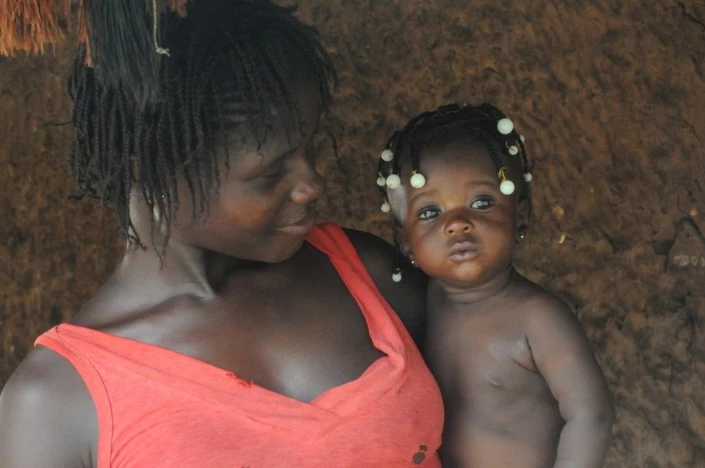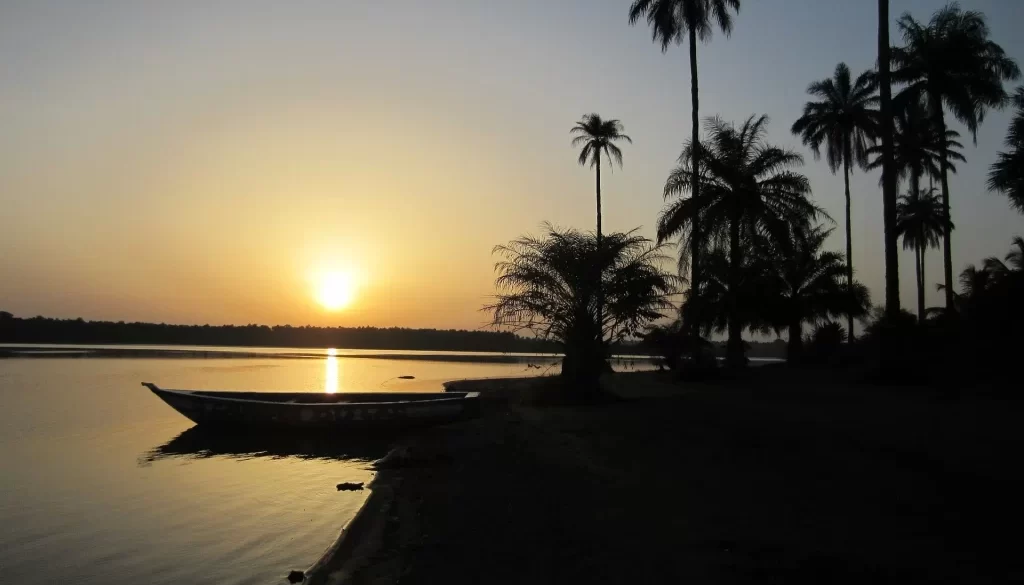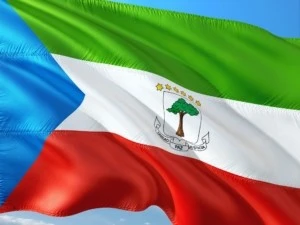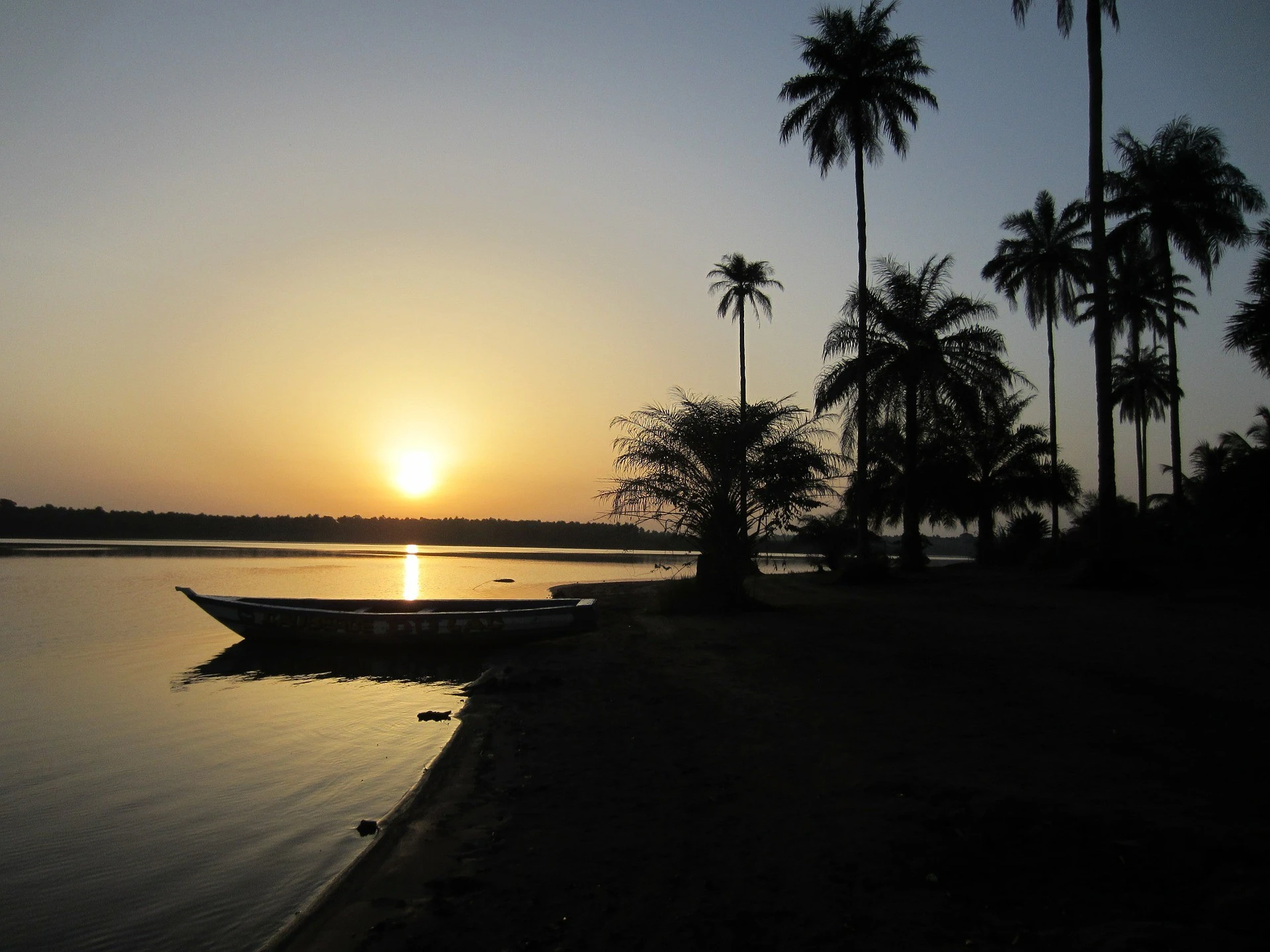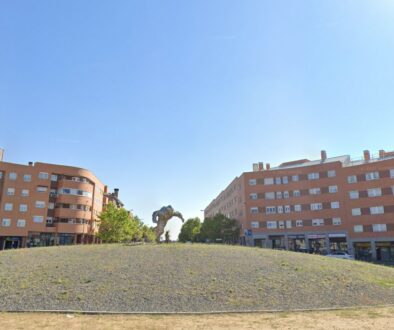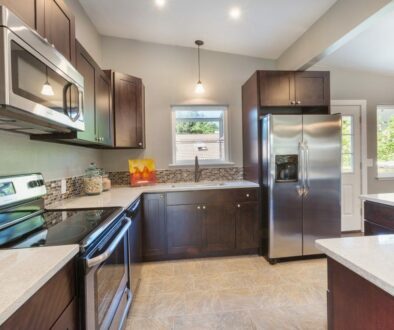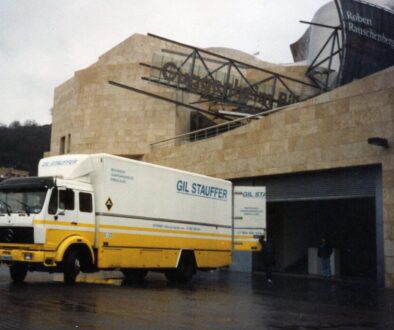Expatriates: Moving to Equatorial Guinea
Moving to Equatorial Guinea sounds like an adventure. Dare to move to this exotic destination by following these tips.
When moving to Equatorial Guinea, there are a number of things to know beforehand. Here are the highlights of this country and what it has to offer if you are thinking of living and working in this exotic destination.
Geographical location and society
Equatorial Guinea is a Central African country of the smallest on the continent. It shares borders with Cameroon, Gabon and the Gulf of Guinea. Its territory consists of a mainland and several islands, the most important of which is Bioko.
It currently has a population almost 1.5 million inhabitants, mainly in rural areas.
It is a country closely linked to Spain, since Equatorial Guinea was a Spanish colony until 1968, and today it is the only African country where Spanish is an official language. As for the policyis a presidential republic presided over by Teodoro Obiang Nguema, who has been in power for 42 years.
Economy
It is a country with abundant natural resources thanks to the discovery and exploitation of oil fields. At present, the country is in a phase of economic growth, which has led many companies, especially freight transport companies, to increase their interest in the country.
Visa and work
Both the visa The exit permit and the exit permit are compulsory for all those who want to go to the country, regardless of their reason. You can buy the business or tourist visa. In Spain you can apply at the Embassy of Equatorial Guinea at Madrid or at the Consulate General of Equatorial Guinea at Las Palmas de Gran Canaria. The Embassy of Spain in Malabo and the Consulate General of Spain in Bata do not provide advice or instructions on the requirements for obtaining visas to visit Equatorial Guinea, the procedure and granting of which is the exclusive competence of the Equatoguinean authorities.
The timetable is generally 40 hours per week. In general, the working days are from Monday to Saturday and start very early, finishing around 4 or 5 pm.
Some of the sectors where expatriates are most in demand are services and health.
To find out more about issues related to working in Equatorial Guinea, please click on the following link information useful.
Housing
The boom in the construction sector has led to a sharp increase in the offer of dwellings. The quality is similar to that found in relation to the Relocation of dwelling in the city of Madrid and all of Spain but at lower prices. And unlike what we are used to, there are no real estate agencies as such, so you have to deal with the formalities personally.
The rental of a three-bedroom flat in the city centre can cost around 550 euros, but the price drops to around 250 euros if the property is in the suburbs.
Education
It is free nationwide and compulsory up to the age of 14. The National University of Equatorial Guinea located in Malabo, the capital, is the main institute of higher education. The Spanish colleges, located in Malabo and Bata, issue diplomas recognised by the Spanish State.
Other information of interest
In relation to security, although Equatorial Guinea is a safe country, caution is advised. Particularly at night and with a special focus on entertainment venues. As in the healthIf you're in the country, precautions such as vaccinations for yellow fever, tetanus and cholera are recommended. The country's social security system is similar to Spain's, and recently, private insurance has also been available. To find out more about these issues, check out this link from the MAEC with recommendations for travel to Equatorial Guinea.
The official currency is the CFA franc and most transactions for goods and services are paid for in cash. It is not permitted to pay with credit cardexcept for a few hotels that accept them. There are a few ATMs in Bata and Malabo that accept Visa and Mastercard. Some hotels also accept US dollars.
The Guinean-Ecuadorian cuisine is influenced by the culinary traditions of the various native tribes as well as Spanish and Creole cuisine. Supermarkets and the few restaurants are located between Malabo and Bata, and most of them serve Spanish food. Equatoguinean cuisine is characterised by strong flavours, exotic combinations and a lot of spice. Cassava, yams, plantain or malanga accompany almost every meal and are prepared in many different ways. The signature dish is a spicy fish soup called pepesup.
The weather Guinea is typically equatorial: temperate and with an average annual temperature of 25ºC. similar to Barcelona.
Curiosities
- This is the country where the well-known albino gorilla was born. Snowflake.
- It is a country that has recently become popular thanks to the film "...".Palm trees in the snow"based on the novel by Luz Gabás. However, all the scenes referring to Guinea were shot in the Canary Islands and Colombia.
- Bioko is the country's main island. It is home to the capital. During colonial times, the island was called Fernando Poo and Malabo was called Santa Isabel.
- There is no state religionThe majority of the population is Catholic.
- The music in this country is the result of a mixture of Spanish culture and native African influences.
If you finally decide to undertake the adventure of moving to Equatorial Guinea, please do not hesitate to contact GIL STAUFFERThey are experts in international removals. Request your free quote and without compromise.
Here are some other tips on prices and information on international removals Nationalas well as what are the advantages of moving to another city.
We wish you the best of luck in your adventure.
